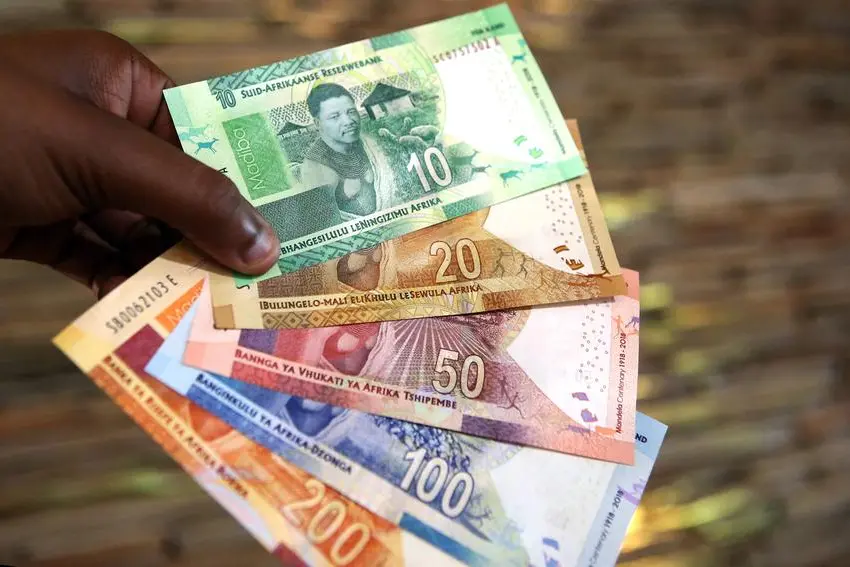PHOTO
The South African Reserve Bank (Sarb) has incurred a nearly R1bn loss on its investment in African Bank Holdings, reflecting the severe financial challenges the bank has faced since entering business rescue in August 2014. This period marked a tumultuous time for African Bank, necessitating Sarb's intervention with a 50% equity stake in the newly reformed bank, with South African commercial banks holding the remaining 50%. A new board and structure were established, with plans for the Reserve Bank to eventually sell its stake to the public.
African Bank's aggressive lending to the lower end of the market and the resulting bad debt, exacerbated by rising global interest rates post-Covid 19, led to the Sarb's financial impairment and its decision to reduce the value of its stake in African Bank, explained Kokkie Kooyman, director at Denker Capital.
The projections from S&P Global indicating potential losses exceeding R70bn in the banking sector would likely have influenced how the South African Reserve Bank (Sarb) viewed its stake in African Bank Holdings, he added.
Changing economic outlook
But all of that could change, says Kooyman. "We’ve got a new GNU government; foreigners are looking back at our market and the rand is appreciating. Interest rates could come down, and by next year, the valuation could well be higher," Kooyman said.
Despite past difficulties, Africanbank group has reported an encouraging turnaround in its consolidated unaudited interim financial results for the six months ended 31 March 2024. The bank achieved a net profit of R203m and reduced impairments by 40% through a tightening of lending criteria and a strategic shift in its net advances mix.
The group has also recorded a 38% increase in its customer base which now stands at 5.7m.
Group chief executive officer, Kennedy G. Bungane said: "Despite operating in a tough economic climate, our financial performance for the first half underscores the resilience and strategic progress of Africanbank group, and these results reflect a turnaround, in contrast to our position at the same time last year.”
The group’s net advances grew to R32.8bn, in line with the diversification strategy from R32.4bn in 2023.
Strategic IPO considerations
Kooyman speculated that the recent political developments and currency trends could create a more favourable environment for African Bank's potential listing next year. Such a move would likely serve as part of the bank's strategy to raise capital, enhance liquidity, and bolster transparency and market presence.
However, he erred on the side of caution, saying African Bank should consider postponing the IPO until its profitability strengthens. He said, despite Africanbank’s steps to diversify its income streams, improving return on capital remains vital for sustainable lending growth.
"I think it’s wise to postpone [the IPO] in 2025 – even another year if necessary – to really make sure that the profitability increases. There’s always a risk: if you’re try to increase profitability, how do you do that? At the moment they can’t cut costs because they’re still growing.
"So you’ve got to grow your loan book – but as soon as you grow your loan book you need a higher return on capital to finance that.
"And so the guys have got a hard year ahead of them."
All rights reserved. © 2022. Bizcommunity.com Provided by SyndiGate Media Inc. (Syndigate.info).
Katja Hamilton





















